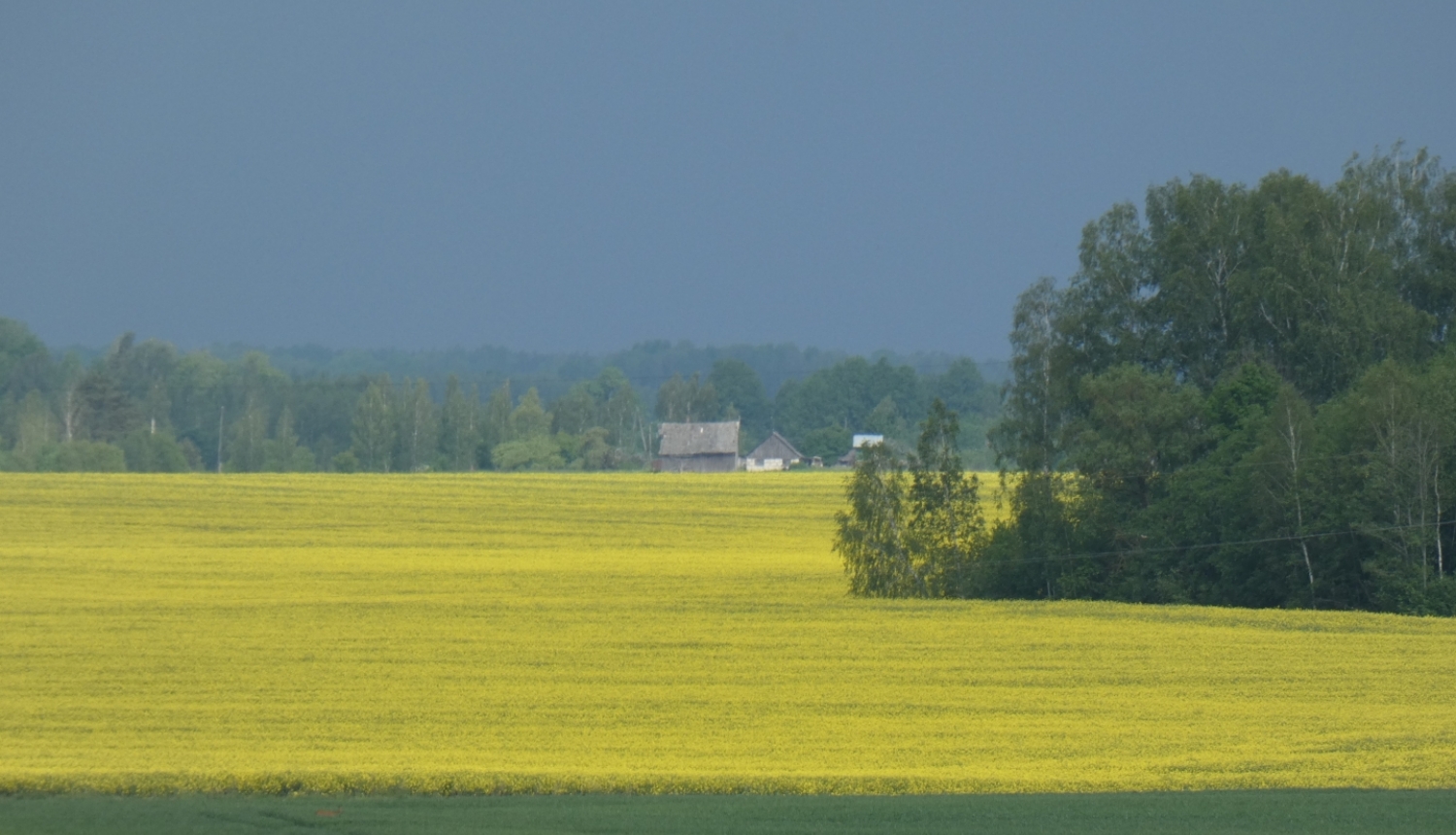On Monday June 24, the State Secretary of the Ministry of Agriculture, Raivis Kronbergs, in Luxembourg, will participate in a meeting of the EU Council of Ministers for Agriculture and Fishery, where discussions will address issues significant for both agriculture and fishing opportunities in 2025.
At the meeting, it is envisaged to come to an agreement on the most important points in the EU sector of agriculture in next programming period 2028-2034 although, there are quite many issues where Member States still do not agree on. The project of proposals incoporates comprehensive guidelines on the future development of the EU sector of agriculture still, Member States do not agree on several issues, amongst others, regarding equalization of direct payments. For Latvia, it is the most essential issue that will at last equalize differences among Member States and would place farmers in all the Member States in equal conditions of competition but several EU Member States do not agree because they receive the diret payments at the level considerably higher than the EU average
The Council meeting will also address an issue on sustainability of fishing in the EU waters in 2025. The European Commission (EC) has published the annual communication on the situation in the EU fishery sector and division of fishing opportunities for 2025, with the information incorporated on the current situation with fish stocks, expressing concerns on unfavorable environmental situation in the Baltic Sea, endangering fish stocks, the more so, that no considerable restoration of fish stocks is observed. Latvia agrees that the environmental condition in the Baltic Sea is bad and fish stocks are reducing therefore, Latvia is drawing attention to additional threat – targeted fishing by Russia, which does not comply with science recommendations. Latvia asks EC to assess this circumstance seriously and not place all the responsibility for reducing fish stocks solely on the EU fishermen who for many years now have been complying with the catch amont and other protection measures, recommended by researchers.



